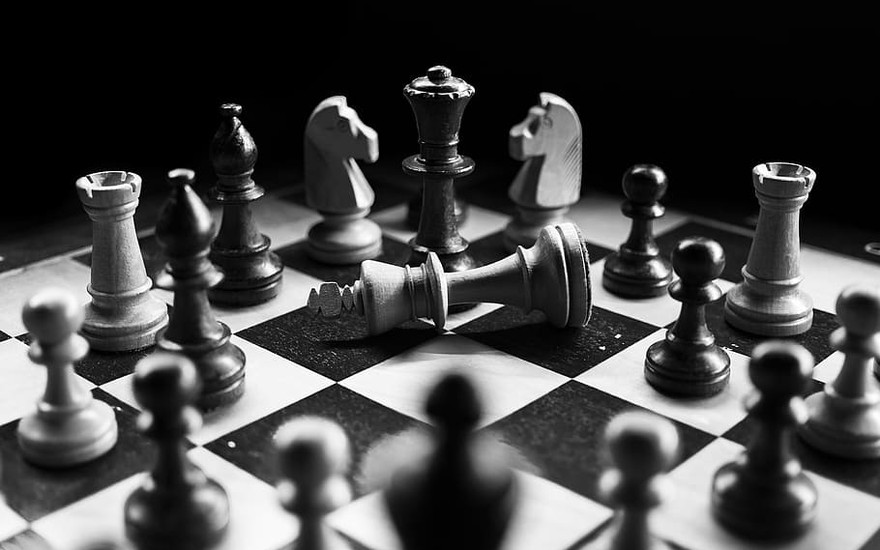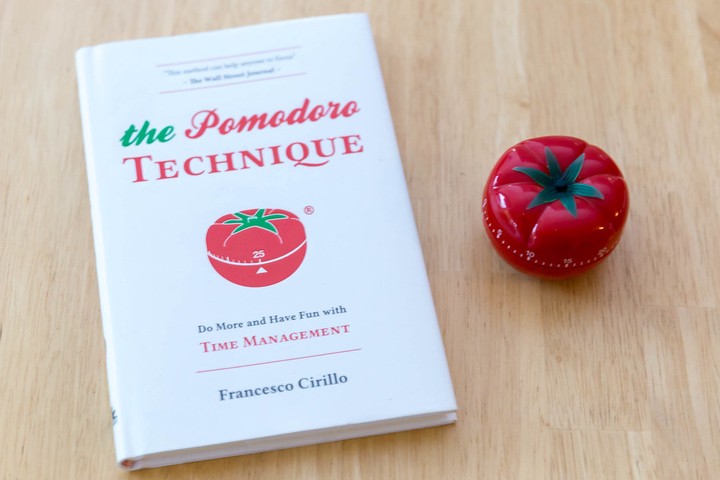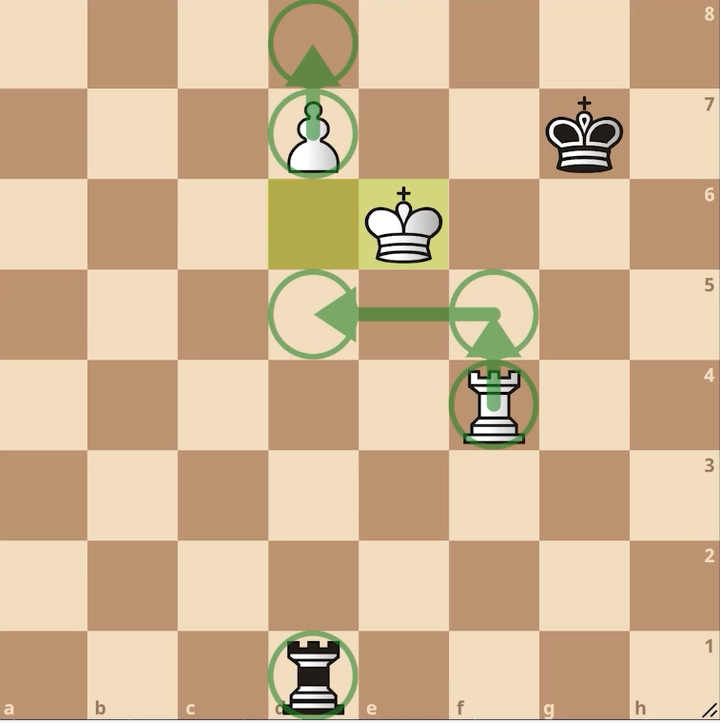
Wallpaper Flare
Science Based Techniques against your Chess Depression
Studying chess for 10 hours a day but stuck at 1700? A well-known story. Want to achieve a high chess level without wasting all your time? Read on.Chess is a game where you must be a warrior who conquers new levels and improves everyday.
Unfortunately, we all have our setbacks, and at some point it may feel like we are stuck at a certain level forever.
However, I am glad that there is always a way to break trough your plateau. You can smash it, I have no doubt in you.
I am a person who read the hundreds of the self-help books. Some books helped me to improve my chess, clearly. But recently I have discovered the absolute game-changer.
Want to know what it is? You are not ready. Firstly, an important concept to understand.
Avoid burnout/tilt as much as you can
Lost game after game after game? Coupled with anger, anxiety and the desire to quit chess? You played the riskiest move without the calculation at all? Perhaps it was a chess tilt.
The tilt is your worst enemy in chess progress. The best solution to fight the tilt is to take a chess break and sharpen your soul. Take care of yourself physically and mentally. You know what to do. Always remember about the importance of meditating, exercising frequently, eating the healthy food and getting the good sleep.
The worst thing about the chess tilt is that it can become a mundane and regular thing. Let's imagine this situation : you played and studied chess everyday for a year or two, but on the third year it got tilting. However, it's at the point, where chess is not even a habit anymore, it's your lifestyle. Even the habits are our addictions to some degree. Imagine how much it can spoil your life, like it did to me in 2021-2022.
The 21/90 rule states that it takes 21 days to make a habit and 90 days to make it a permanent lifestyle change.
I improved in my OTB chess *dramatically *a lot by taking a several months break from chess, even in 2023 I still hate online chess due to my long-term tilt. Be careful!
She isn't wrong.
Time to reveal the cards...
A Mind For Numbers
AKA "Learn How to Learn"
by Barbara Oakley
It's an extremely famous book/course by an American engineering professor, linguist, military captain - Barbara Oakley.
The book is all about the scientific secrets, tricks on how to study effectively, sharply and flexibly.
Time to talk about her tips that can be applicable in chess.
Secret 1 - Repeat the material actively
After reading the chess book and learning about the endgame or the opening - whatever it may be - it's always good to look away and try to recall everything you learned in your mind. This kind of repetition is much more effective than just looking at the material passively. Going through the material a million times without attempting to recollect it in your mind can create an illusion of knowledge. With this kind of learning, you may spend hours on it with no result.
Secret 2 - Use the spaced repetition for your learning
Once again, as I said - looking at the material for a million times passively makes no sense. But it may be helpful, if you use the spaced repetition. In this kind of learning, you take long break between your studying sessions, perhaps 4 hours like Chessable offers or even more. This can be days, weeks or even months. Spaced repetition is based on the psychological spacing effect, which is extremely helpful for your studying. Never forget about the importance of active repetition, even with this method.
In general, I would say, that spaced repetition is Chessable's best thing for attracting the new clients.
Secret 3 - Use both focused and diffuse modes correctly
During the focused mode the person is actively engaged in learning. But there is a problem with it, usually person focuses only on one idea, and I swear you had this in your OTB or online games : you were focused on calculating one long variation, but you just missed a simple fork. Your mind missed the fact that there are more ideas in the position. In puzzles, sometimes we may easily miss the opportunity, because we were too focused on calculating one line.
This is why you have to use your diffuse mode, for this you just have to take a break or distract yourself, it's going to enhance your creativity and help you to see more ideas.
You can use it for puzzles where you just have no clue what to do.
Secret 4 - Break down studying into small parts with Pomodoro technique
The Pomodoro Technique is a time management method based on 25-minute stretches of focused work broken by five-minute breaks. Great techniques to prevent both - procrastination and burnouts. People study or work better under the time pressure, that's why this technique is so great.
You were playing in the lichess arena, but started to lose game after game after game?
You could prevent this burnout with the Pomodoro technique!
Secret 5 - Teach others (or imitate it!)
It's one of the best ways to solidify your knowledge. The better you know the material, the better you can teach it. Mostly, it exploits the benefits of active repetition. That is the reason, why teachers know the material so well.
Secret 6 - Use different analogies and metaphors
Using different analogies can create some kind of "box" in the memory, that you can easily tear, and take the thing you need. This is how the memory fragments work. That's where analogies or metaphors are extremely useful. Apart from that, they may help you to make the abstract concepts clearer and more relatable to the real life.
The easy way to remember the core winning idea of the Lucena position is to view it as a bridge.
Thank you for reading!
Support me financially with Google Pay
PayPal : ikinzika709@gmail.com
More blog posts by NaidichArkasha

Revealing the specific tools to make money with chess
Welcome to this blog, dear warriors on the path to financial freedom. This is the second part of my …
5 Ways to Make Money with Chess
Tired of being broke? Bored with your mundane 9-to-5 office job? Craving a life in Dubai filled with…
Blog-report about the money I sent to support Ukraine thanks to your donations
It's 8th month of Ukrainian legendary fight, defense of freedom and independence! It's always a good…